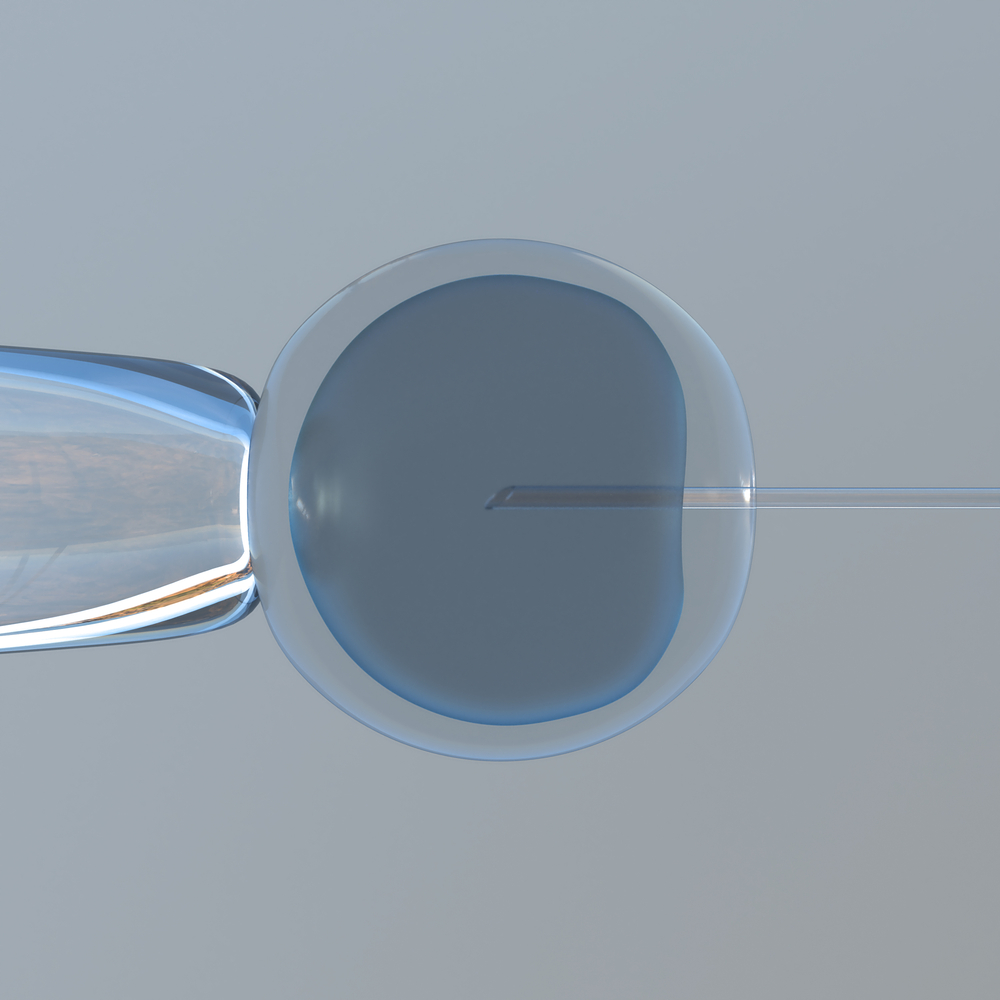Gestational Stem Cell Therapy and Cystic Fibrosis: A Promising Future
Written by |

There are several promising approaches designed to improve the life expectancy and quality of life of those with cystic fibrosis. With current methods aimed to aid CF symptoms, new treatments are constructed to help us gain a greater perspective on CF treatment options. Stem cells are poised to play a major role in CF treatment development and include: regeneration of healthy cells, creating a model to better understand CF pathology, and to develop animal models to study the clinical relevance of CF. Last week’s column, “Stem Cell Therapy and Cystic Fibrosis: Embryonic and Induced Pluripotent Stem Cells,” discussed the role that these two stem cells play in cystic fibrosis research. In order to shed light on the vast realm of stem cells and regenerative medicine, I will be taking a form of cell therapy and discussing its relevance to CF. To further delve into the complexities of stem cells, this article will cover the current research and future directions of Gestational Stem Cells.
Gestational Stem Cells are resourced from the gestational tissues such as the placenta, umbilical cord, and amnion (the membrane that contains the amniotic fluid). Unlike Embryonic Stem Cells (ESCs), Gestational Stem Cells pose no ethical threat since they do not require invasive medical procedures, and the tissues are usually discarded following birth. Gestational Stem Cells, however, are thought to have properties of both ESCs and adult stem cells, since Gestational Stem Cells maintain the ability to differentiate, and also grow rapidly when cultured. Perhaps most importantly, Gestational Stem Cells are naturally immunosuppressant and do not face the potential of rejection like ESCs. Due to these impressive characteristics, these cells have even been called an ideal type for therapeutic applications
Within the past few years, scientists have demonstrated that Gestational Stem Cells have the ability to differentiate into lineages, including: adipogenic, osteogenic, endothelial, pulmonary, neurogenic, myogenic, hepatogenic, cardiac, and pancreatic lineages. With relevance to cystic fibrosis, Gestational Stem Cells have the ability to regenerate lungs, pancreas, and the liver — all organs that endure high stress, infection, and damage from CF’s characteristically thick mucus. More specifically, cells that are isolated from the placental tissue and amnion have demonstrated the ability to improve lung function, and reduce inflammation. Dr. Atala at Wake Forest University has even shown that Gestational Stem Cells from the amnion can be used to introduce functional CFTR channels, and may be a key to cell therapy in CF.
So what is next? While stem cell therapy has gained a lot of promising momentum, more research is needed to prove its safety and efficacy. Researchers are now investigating methods to improve CTR-expressing cells and ways to achieve significant results within an animal model. If these results are proven successful, the use of Gestational Stem Cells could someday serve as a major game-changer for cystic fibrosis therapies.






